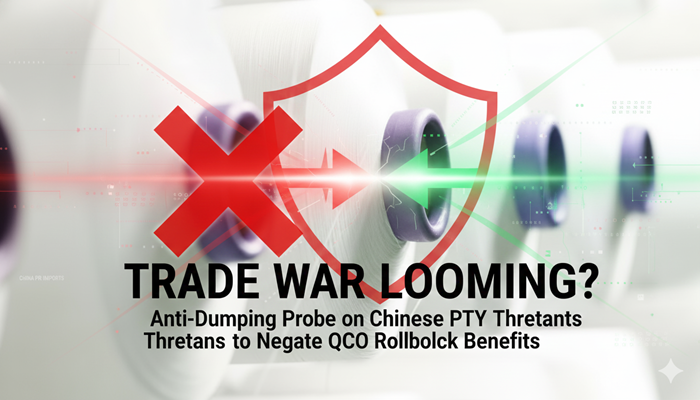"The Department for Promotion of Industry and Internal Trade (DPIIT) recently clarified that single brand retailers, owned by foreign companies, can fulfill their local sourcing requirements by procuring goods produced in units based in special economic zones (SEZs). It further clarified these goods to be sourced by the single brand retailers need to be manufactured in India."
 The Department for Promotion of Industry and Internal Trade (DPIIT) recently clarified that single brand retailers, owned by foreign companies, can fulfill their local sourcing requirements by procuring goods produced in units based in special economic zones (SEZs). It further clarified these goods to be sourced by the single brand retailers need to be manufactured in India.
The Department for Promotion of Industry and Internal Trade (DPIIT) recently clarified that single brand retailers, owned by foreign companies, can fulfill their local sourcing requirements by procuring goods produced in units based in special economic zones (SEZs). It further clarified these goods to be sourced by the single brand retailers need to be manufactured in India.
India allows 100 per cent FDI for single brand retail. However, till 2018, these firms needed DPIIT’s permission to invest above 49 per cent in this sector. In 2019, the government amended the FDI policy to allow single brand retailers to set up their online operations without having a physical store in the country. This enables retailers to test the market before making large investments.
The amendment also stated that foreign retailers with more than 51 per cent FDI in the fashion sector need to source a minimum 30 per cent of the value of purchased goods domestically. However, they can meet this requirement incrementally within the first five years of operations in India.
Regardless of these new amendments, foreign retailers are not too keen to invest in India as the government does not support them in either procuring land and local sourcing or setting up their manufacturing facilities. Lack of skilled labour and weak infrastructure also dissuade them from investing in India’s single brand retail sector. Lack of supply chain, skilled labor prevents brands from shifting production.
does not support them in either procuring land and local sourcing or setting up their manufacturing facilities. Lack of skilled labour and weak infrastructure also dissuade them from investing in India’s single brand retail sector. Lack of supply chain, skilled labor prevents brands from shifting production.
The Indian retail sector has been attracting foreign investments through such intermittent relaxations in the last five years. This has enabled globally known retailers like H&M, Starbucks, Walmart, Nokia, Sony, and IKEA to establish and reinforce their presence in India
Licensing agreements over FDIs
In the past, single brand retailers, such as Zara and Marks & Spencer, have partnered Indian retail conglomerates through license agreements instead of taking the FDI route. For instance, Forever 21 recently filed for bankruptcy in the US – with plans to exit international locations in Asia and Europe. However, its India operations, will continue but as a franchise operation run by Aditya Birla Fashion and Retail.
Despite these much-touted relaxations, several single-brand retailers might prefer entering the Indian market through partnerships as it gives them access to local expertise in navigating India’s highly segmented though vast market.












